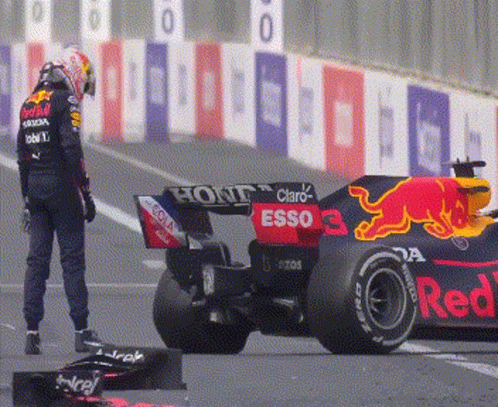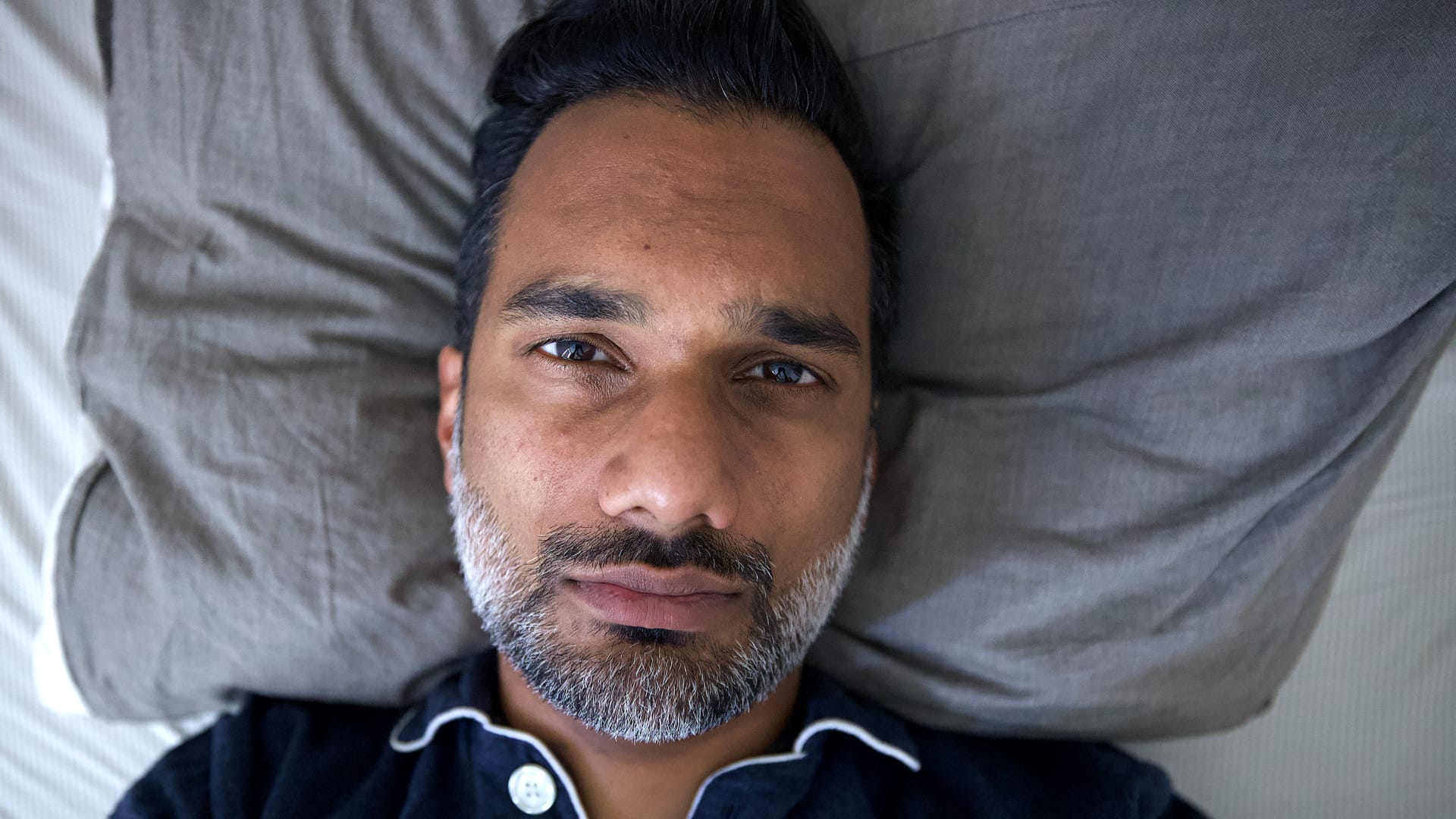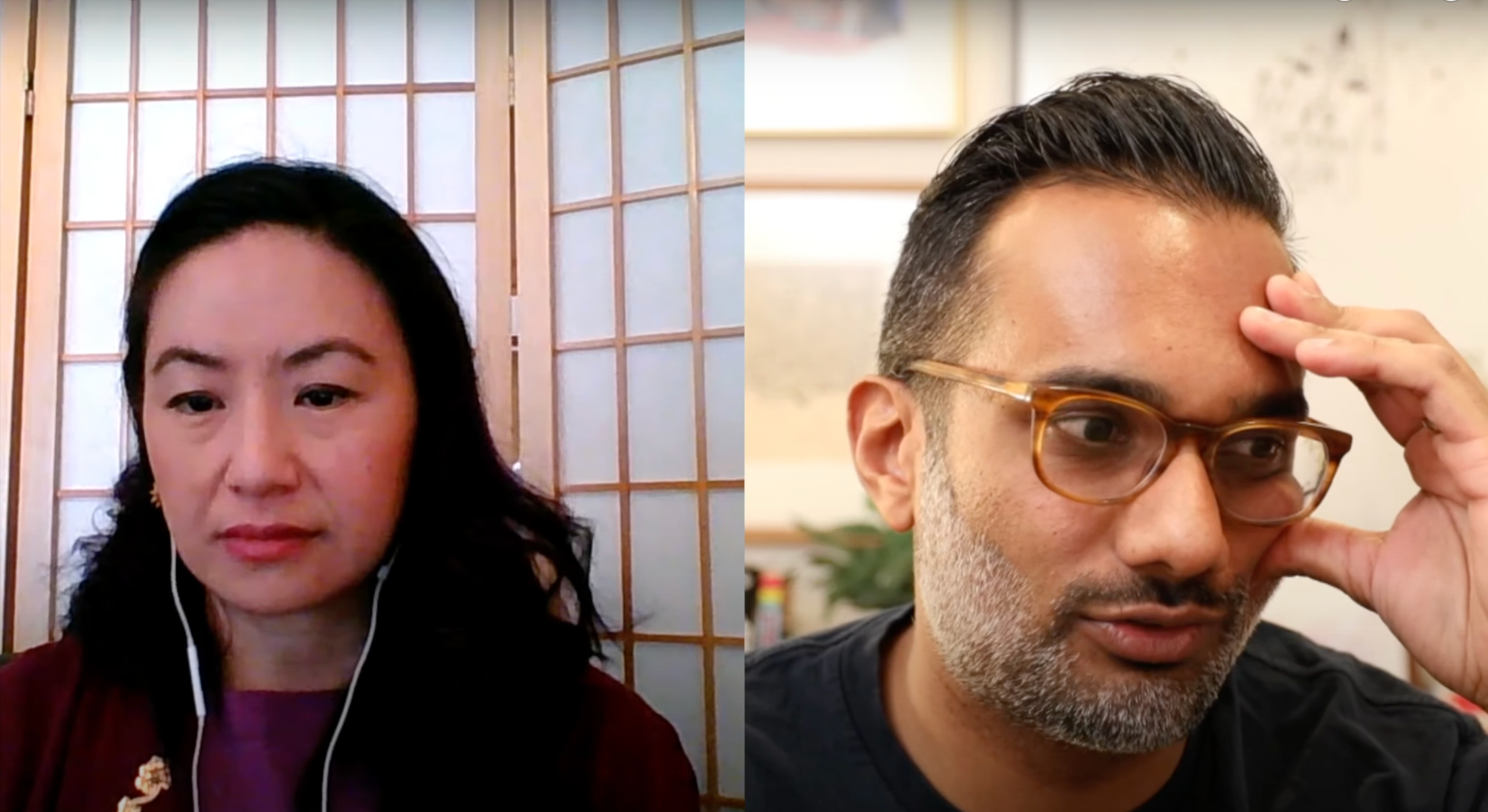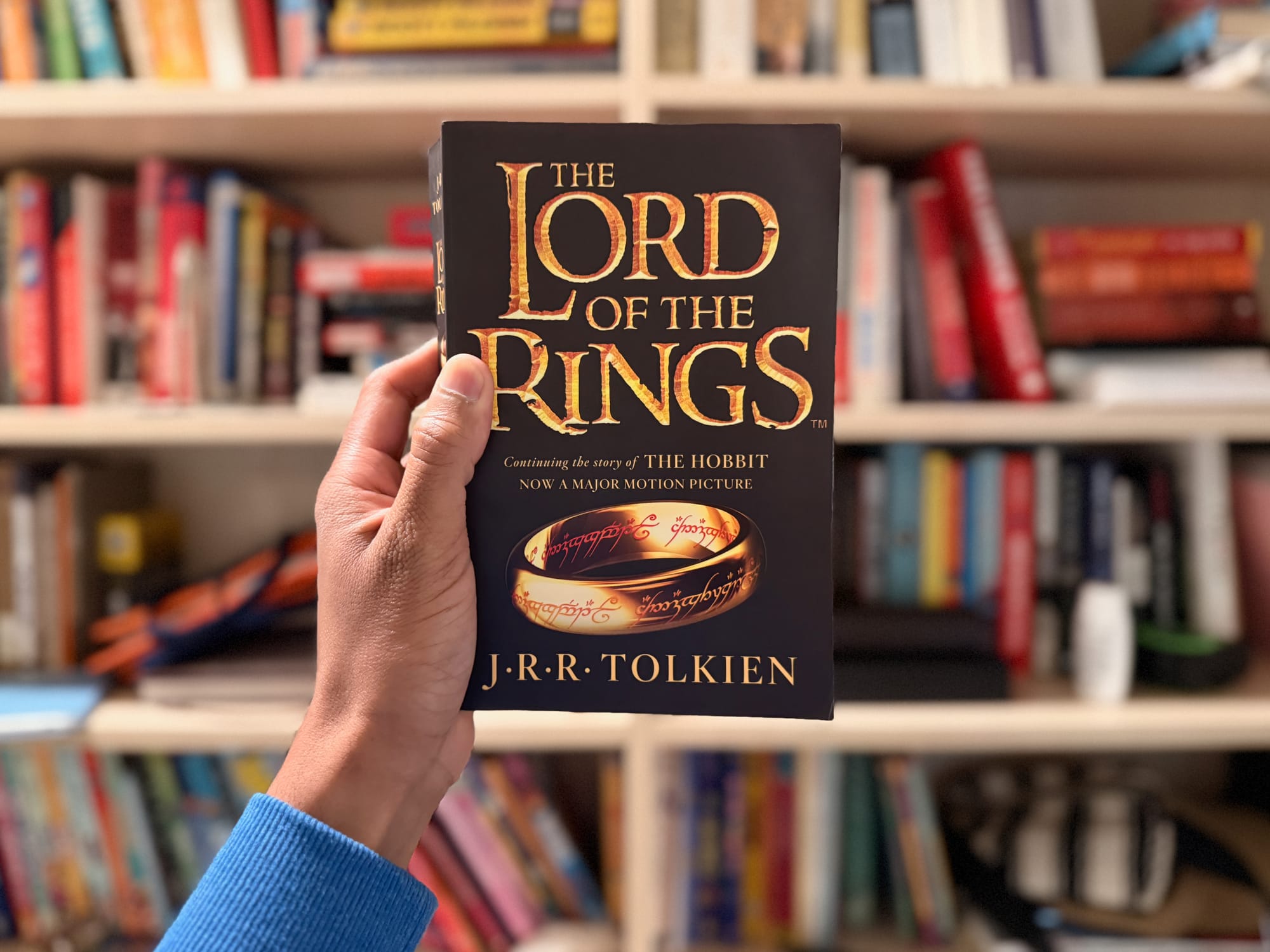All Stress Experts Know This ONE Thing
If you’ve been feeling overwhelmed, stuck, or anxious, this might explain why nothing’s helped yet.

In the first lesson of this mini-course, I shared a simple truth:
Stress isn’t proof you’re a screw-up. It’s proof you care.
Today, we’re going one level deeper into what stress actually is and why it can feel so impossible to manage.
Stress vs. Anxiety
People use these words interchangeably. But they aren’t the same.
- Stress is a response to something external: a deadline, a sick loved one, a breaking news alert.
- Anxiety is what happens when you imagine threats before they happen: failing the deadline, losing the loved one, the news getting worse.
They feel similar:
- Tension
- Racing thoughts
- Feeling moody
- Stomach issues
Stress usually fades when the pressure is gone. Anxiety can linger, loop, and spiral even when nothing’s happening right now.
But some stressors don't really end...
When Stress Doesn’t Fade
As neuroscientist Robert Sapolsky explains in Why Zebras Don’t Get Ulcers, our stress response evolved to deal with physical danger, like a zebra being chased by lion:
“...if you are that zebra running for your life, or that lion sprinting for your meal, your [stress is] superbly adapted for dealing with such short-term physical emergencies…When we sit around and worry about stressful things, we turn on the same physiological responses—but they are potentially a disaster when provoked chronically.“
More simply, our stress is built for short bursts of survival, not for endless activation.
But today’s stressors — finances, deadlines, loneliness, existential dread — are long and unsolvable in the short term. Instead of completing the stress cycle, we get trapped inside it.
It’s like fueling a Formula 1 car to race...but never letting it drive, just leaving the engine revving endlessly. The system was built for movement. Not idling.

My Endless Stress
During the 2020 COVID-19 lockdown, I lived this first-hand.
My wife and I were trading off Zoom meetings. Our toddler was home with no childcare. There were no breaks. No certainty. And for a long time, no hope.
At night, when the house finally went quiet, my mind would turn on, running through fears and worst-case scenarios. I couldn’t sleep. I was exhausted and wired.

I hated being this psychologist who had spent years helping people manage their stress and sleep...and none of my usual tools were working on me.
So I reached out for help.
I contacted Dr. Helen Hsu, a psychologist I admire deeply. She helped me try new skills I had taught others but never used on myself (because psychologists can be annoying like that):
- Body scan meditations
- Progressive muscle relaxation
- Visualization exercises

The breakthrough came when I stopped trying to “think my way out” of stress and instead did something physical before sleeping.
Stretching my body. Relaxing my muscles. Visualizing a happy memory (my wedding day). These small acts gave my nervous system something to finish. A way to complete the stress cycle.
I wasn’t fixing the world. But I was giving my body a way to finish what stress had started.
Where I Am Now
It’s been almost five years since then. Those mind-body skills are part of my daily life now, even during good times.
But lately, some insomnia has crept back. You might be feeling it too. The world’s unrest can feel heavy.
This time, I’ve found something new that's helping: reading a really good story before bedtime.
Specifically, The Lord of the Rings. I’ve seen the movies a ton of times but never read the books.
Last night, Frodo and the fellowship were stuck in a blizzard. Exhausted, uncertain, still marching on. And I realized that's what I'm trying to do too.

Why This Matters
Whether it’s photography, stretching, or Tolkien, what helped me wasn’t escaping stress. It was choosing one small act that gave me some control.
That’s the heart of all effective stress coping:
- Not numbing.
- Not powering through.
- Not pretending the stress isn’t real.
But moving with it and reclaiming even a tiny sense of direction.
How to Start Closing the Stress Loop
Small actions help your brain complete the stress cycle and turn on your body’s relaxation response. They help shift you from sympathetic nervous system activation (stress) to parasympathetic activation (relaxation).
That could mean:
- Giving your muscles something to do: walk, stretch, dance.
- Slowing your breath: longer exhales naturally trigger calm.
- Connecting with green spaces: hikes, parks, or even nature videos.
- Doing something joyful: hobbies, comedy, gaming.
You’re not "defeating" stress. You’re letting your nervous system finish the race it started and finally rest.
Next lesson, I show you how to work the problem.
Your turn! How can you be more like a zebra? What’s one small action you could take today to feel a little more in control?
Talk soon,
Dr. Ali
P.S. Want to see the full story of how I rebuilt my sleep during the pandemic, including my meeting with Dr. Hsu? Watch the video here. Also check out Dr. Hsu's The Healing Trauma Workbook for Asian Americans which is full of skills for dealing with the stress of trauma (affiliate link supports this website).
P.P.S. For more actions you can take when stressed, check out my Braver with Anxiety course (lesson 5 and lesson 6).